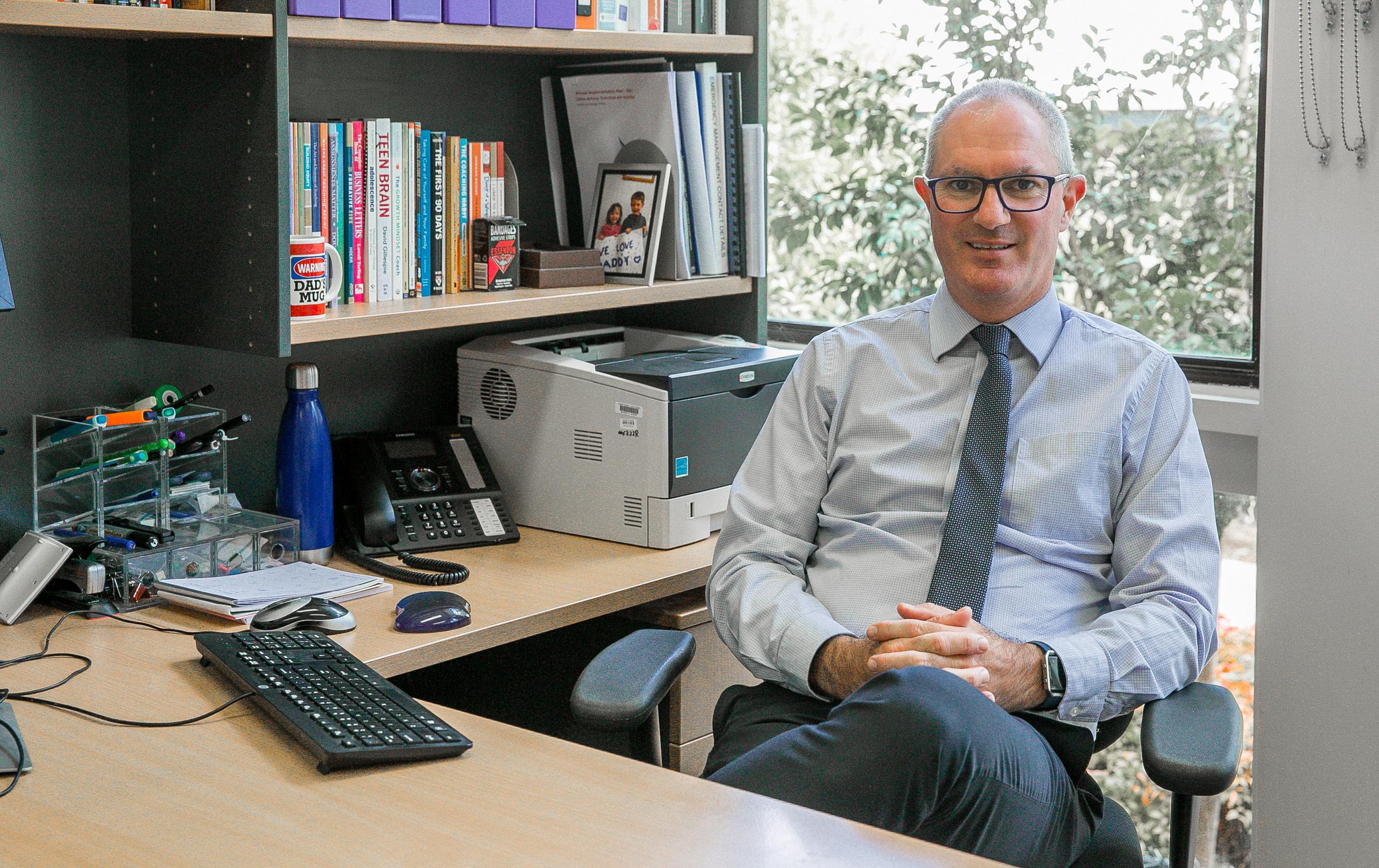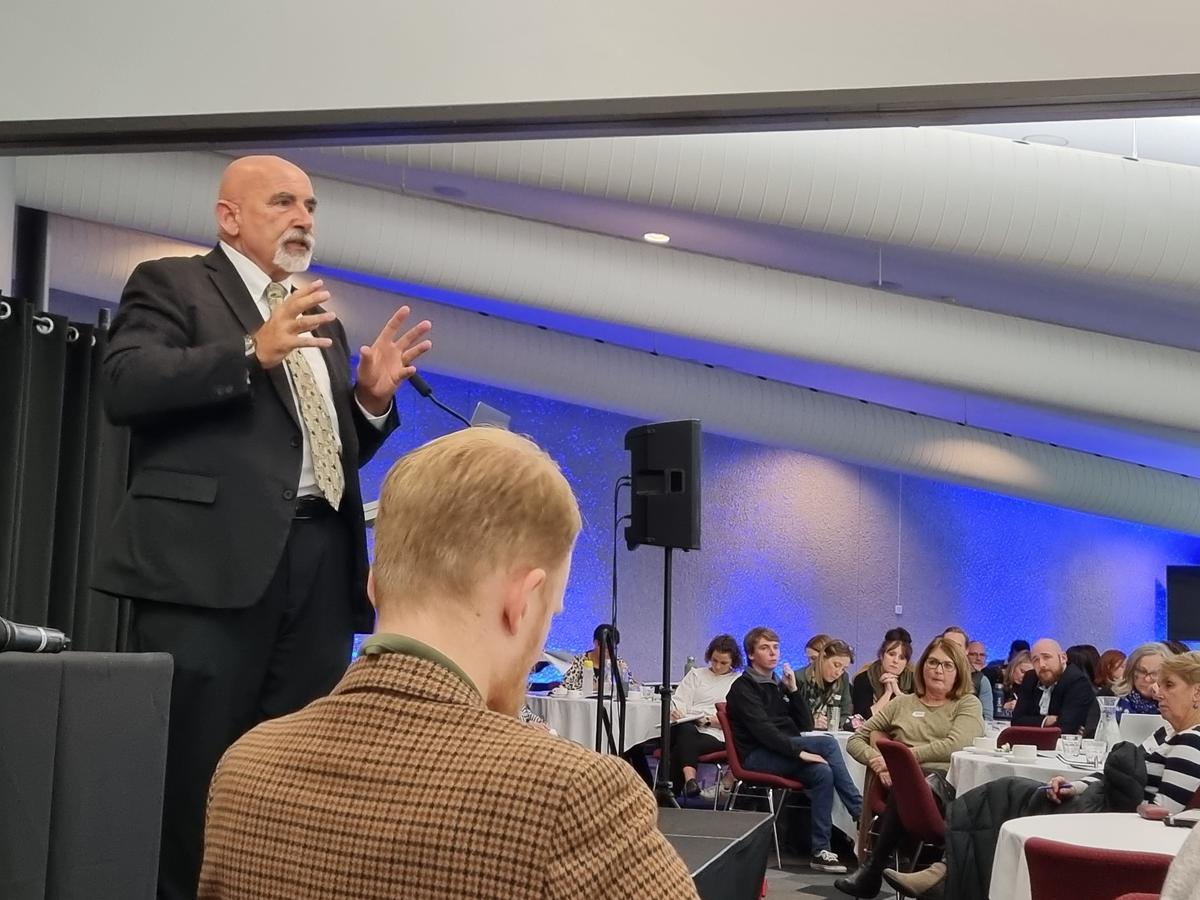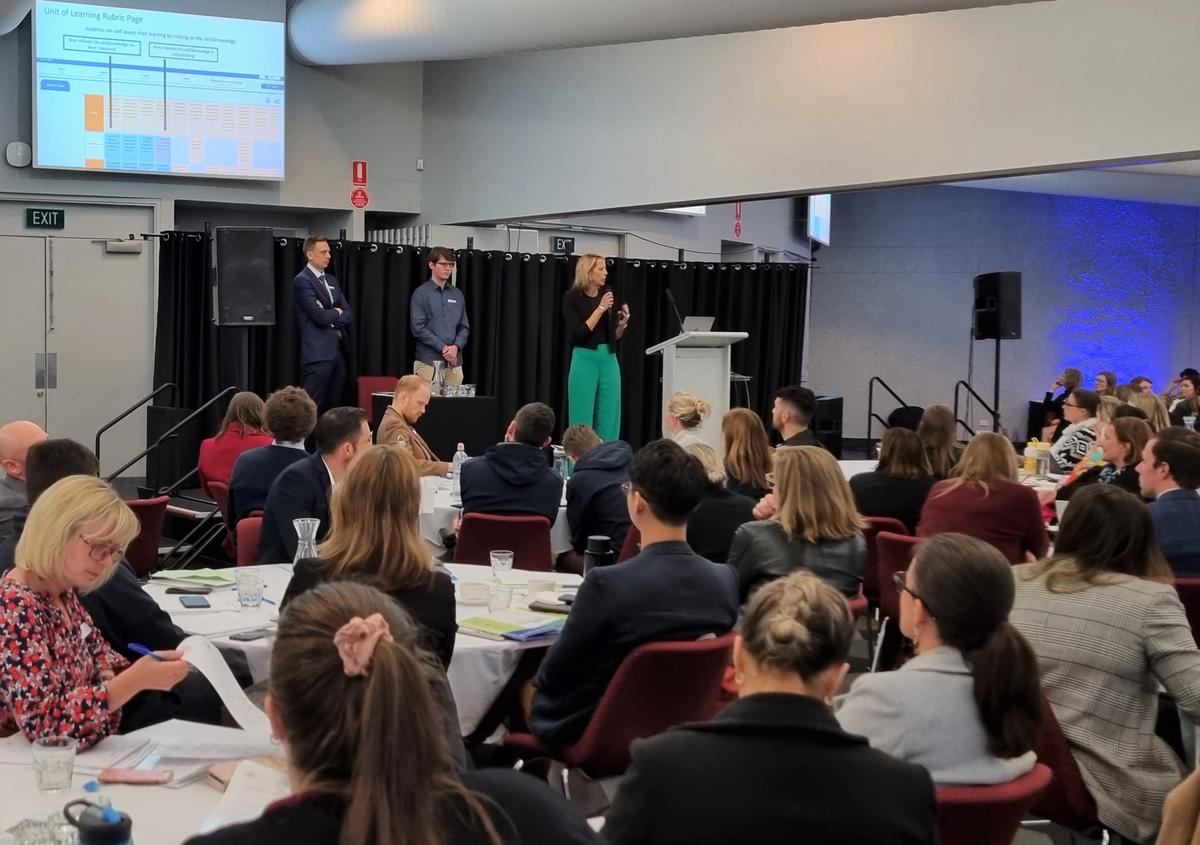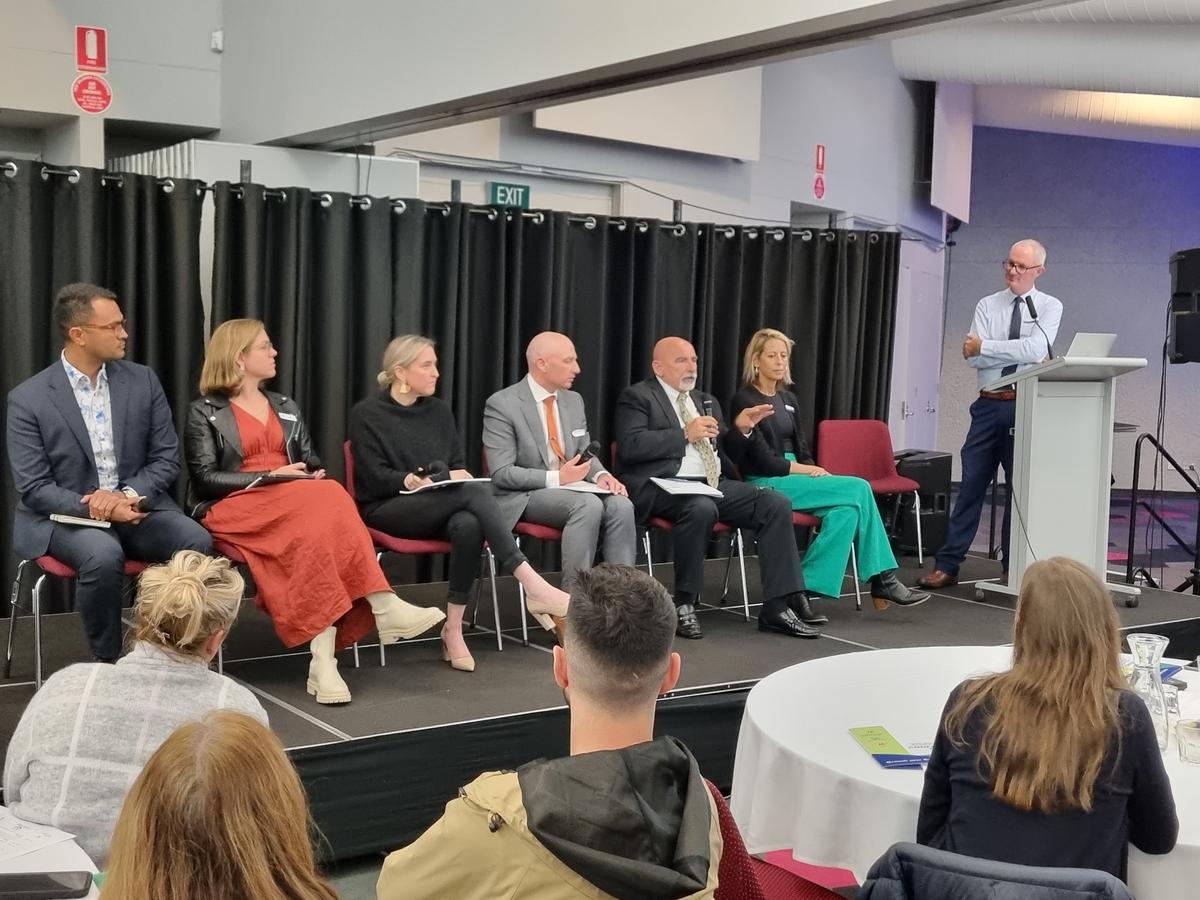Principal Team Editorial

Teaching is a very complex skill. If learning can be defined as a change in long term memory (Kirschner, et. Al. 2006), then it requires more than just an ability to teach students something. Just about anyone can teach something. The difference between 'anyone' and a University trained teacher is the teacher's ability to get the person who they are teaching, learning. It might sound strange but teaching doesn’t automatically lead to learning. As Dr George Otero says, often there is a difference between what is taught and what is caught! Teaching therefore, is actually a very complex skill, dependant on a number of variables, some of which are in the control of the teacher and some of which are not.
What we are focussed on at our school is improving the quality of teaching, so that we better improve learning. This focus was highlighted this term when we organised and hosted a one-day conference on “Challenging Traditional Assessment Practices”. This event was headlined by Keynote Speaker Professor Dylan Wiliam who attended in person.
Dylan is regarded as the world’s foremost expert on formative assessment. Formative assessment can be defined as any assessment used that allows the teacher to change or refine their teaching practice response, in order to improve learning.
So if a maths teacher did a mini quiz of the 12 times tables with their class, and then re-taught the topic because the class performed poorly overall, then that is an example of formative assessment.
At our school we also like to refer to it as responsive teaching. We planned and executed this conference, so that we could bring together educators and schools from within Victoria and interstate, who share our passion for improving the quality of teaching.
Carrie Wallis, David Black and Ben Karwan shared our presentation with the conference attendees, which was focussed on quality feedback from teachers, medium and long cycle formative assessment and how it improves learning.
Docklands Primary School shared their presentation on embedding formative assessment practices within lessons by using key strategies and techniques that scaffold students to higher-level responses in-the-moment.
Bentleigh West Primary School shared how they used research findings in spaced, interleaved, retrieval practice and worked examples to change teaching approaches in mathematics. This was the start of us building a network of schools who are prepared to share the success of their evidence-based teaching strategies.
It is highly unusual for any school, government or independent, to lead something like this. The fact that we were able to bring this together with attendees from the DET, the NSW Education Department and education leaders from government schools and prestigious private schools (Geelong College, Gennezanno, Korowa Girls etc) is evidence of the fact that, as a school, we are system leaders.
On top of that, this year we have presented our innovative practices to interested schools including Camberwell High, Brentwood SC, Doncaster SC, Wheelers Hill SC, Kew High, Reservoir High and Koonung SC, just to name a few!
The conference underlines our relentless focus on improving the quality of teaching at Wantirna College, an emphasis that will continue to improve the learning outcomes of our students. Our teachers are committed to, and continuing to take on, the challenge of improving their teaching practice every day, ensuring that what is taught, is caught!
When I reflect back on this term, I can remember plenty of highlights that have occurred within and outside the classroom. The most positive thing that is making a difference is that I can see us getting better and better as a school every day!
Kevin Murphy
Principal



